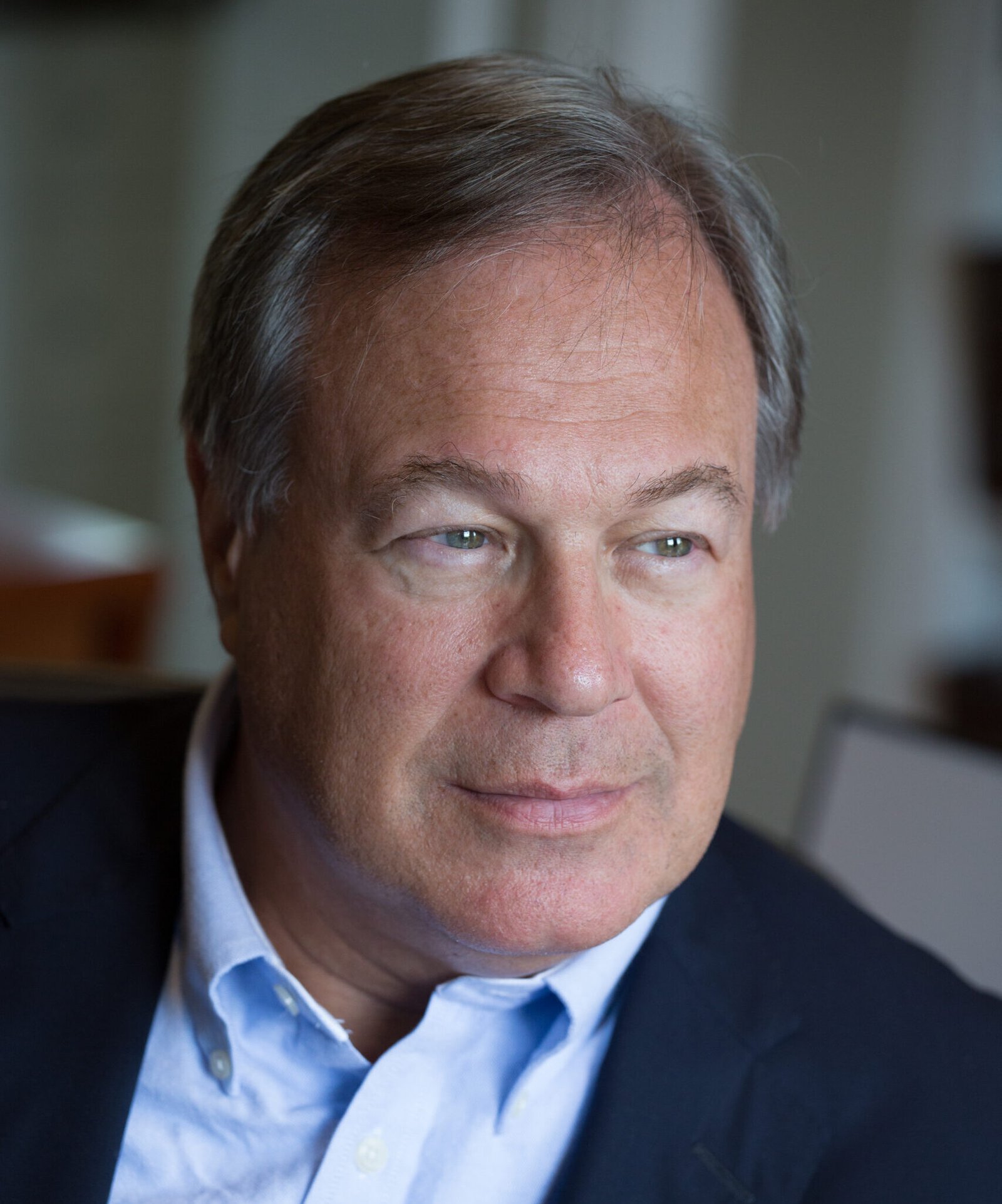I recently went one on one with Greg Pearson, founder and CEO of FocusPoint International.
Adam: Thanks again for taking the time to share your advice. First things first, though, I am sure readers would love to learn more about you. How did you get here? What experiences, failures, setbacks or challenges have been most instrumental to your growth?
Greg: Natural progression I suspect. I joined the US Army towards the end of the cold war and spent a number of years in combat arms roles within rapid deployment units, to include time spent in the special operations community. After leaving the military, I spent a few years in law enforcement with the State of California. My time in law enforcement was cut short by a career-ending injury, which led to my transition into the security and risk management space, albeit much sooner than I had originally anticipated. I cut my teeth in the private sector focused on high-end executive protection, security consulting and crisis response services for incidents such as kidnap for ransom, extortion, and political risks. I was fortunate enough to secure a position with an early-stage company called STEELE International that was just entering what would be a significant growth period. In all, I spent just over 12 years with STEELE, 6 of which as their Chief Operating Officer. Over the course of my tenure, I served as a chief architect for product development and helped execute an aggressive growth strategy. After successfully scaling the business, I decided to take a stab at being an entrepreneur, and in January of 2011 founded FocusPoint International.
Adam: What experiences, failures, setbacks or challenges have been most instrumental to your growth?
Greg: The military taught me how to be a leader, how to deal with challenges and setbacks. But more importantly how to overcome challenges and address them head-on. As a young NCO (Non-Commissioned Officer) I was told once to stop using the word “problem” and instead refer to “problems” as “challenges”. I didn’t fully appreciate it at the time but eventually realized that addressing something as a challenge vs. a problem completely changed my outlook and frame of mind for addressing the challenge (problem) at hand.
I’ve had a number of failures, setbacks, and challenges in business and attribute all of them to my success. The key is to recognize them, learn from them, and try your best not to repeat them if at all possible.
One example of this would be understanding who your customer is. As a new entrepreneur, I failed to really understand my customer, which resulted in a lack of product, market, fit. I cannot stress enough the importance of aligning your products and services with market demand. You absolutely have to have the right product/market fit in order to unlock growth and stickiness with your customers.
Adam: How did you come up with your business idea?
Greg: As the COO of a global company with a large international assignee and expatriate workforce, I was the consumer of a number of travel insurance and specialty risk products designed to address mobility risks. What I realized as the company began to scale in conflict and post-conflict environments, was that even though the company had a number of products bundled together, gaps still existed that could result in the firm scrambling for support and stuck with the financial exposure tied to it. Specifically, I was concerned with security incidents that might impact operations in Iraq and our ability to respond to our personnel on the ground in a uniformed and timely fashion.
This realization was the genesis of my idea that a travel risk management/duty of care solution could and should be developed to address the gaps in traditional insurance products.
Adam: What advice do you have for others on how to come up with great ideas?
Greg: Do your research. Are you looking to replicate something that is already in the market? Is it a crowded sector? What are the barriers to entry? Or have you created something disruptive to an otherwise mature market? Look at problems (challenges) to solve for. This is the approach I took when creating the CAP Tripside Assistance Plan. Focus on harnessing the skills you already have to make something better, more user-friendly, more accessible, and perhaps more affordable.
Adam: How did you know your business idea was worth pursuing?
Greg: I knew my organization was facing a challenge that needed to be addressed and I built a better mousetrap to address that challenge. I spoke with industry colleagues along the way to ask them if they were dealing with or concerned about the same challenges that I was trying to solve for. Not only did they confirm that their organizations had similar challenges, but that they would welcome a product that filled the gaps and addressed their needs. So, I knew there was market demand and a willingness to pay for a solution. I just had to build it.
Adam: What advice do you have on how to best test a business idea?
Greg: Pitch your idea early and often to anyone and everyone that will listen. Be systematic in your approach, starting with people closest to you (e.g., family and friends) to validate your idea before moving on to people you don’t know. Listen to the feedback, and I mean really listen. You’re not just looking for people to tell you if it’s a good idea. You want validation that people want what you’re pitching and they’re willing to pay for it. If possible, create an environment that allows you to test your assumptions and make any necessary adjustments before going live.
Adam: What are the key steps you have taken to grow your business?
Greg: The top five things we’ve done to unlock growth are:
-
Hired the absolute best people
-
Put the customer first
-
Listened to the market and made the necessary adjustments to maintain product/market, fit
-
Invested in marketing to amplify messaging and demand generation
-
Adjusted our strategy to increase sales through channel distribution
Adam: What advice do you have for others on how to take their businesses to the next level?
Greg: Stay close to your competitors and even closer to your customers. You have to been aware of changing market dynamics and be prepared to adjust stay relevant. Never stop innovating.
Adam: What are your best sales and marketing tips?
Greg: Here are a few things to consider:
-
There is no shortcut to audience discovery. You have to put in the effort to understand who your ideal customers are and why.
-
Stress-test your value proposition.
-
Focus on selling your product/service benefits, not comparing it to the competitive set.
-
Put yourself in a position to sell. Attend industry events.
-
Where possible, hire industry insiders with proven experience.
-
Ask for business. There’s a difference between talking about doing business and actually asking for the sale.
-
Be transparent and give customers an avenue to talk about you (e.g., Trustpilot, Google Reviews, etc.)
-
Invest in marketing. You’ll have to decide on whether an omnichannel (customer-centric) or multichannel (product-centric) approach works best for you. Regardless, you want to try to create as many buying opportunities as possible.
-
You also want to take every step possible to create demand (top of the funnel) and then ensure you have the right people in place to address the demand generated by marketing.
Adam: In your experience, what are the defining qualities of an effective leader?
Greg:
-
Integrity
-
Authentic and Self-Aware
-
Approachable
-
A great listener
-
Someone that is confident and competent
-
Empathetic
-
Inspirational
-
Flexible
-
Patient
-
Someone that can think strategically and act tactically
-
Responsible and dependable
-
Decisive
Adam: How can leaders and aspiring leaders take their leadership skills to the next level?
Greg:
-
Never stop learning.
-
Embrace formal educational opportunities when presented to you.
-
Engage a mentor if possible.
-
Join a leadership organization (e.g., the YPO or Entrepreneurs’ Organization)
Adam: What is your best advice on building, leading, and managing teams?
Greg: The best advice I can give anyone looking to build, lead and manage a team is, lead from the front, but be patient. Building a great team doesn’t happen overnight. Be selective and exercise your due diligence when recruiting and hiring your team. Be prepared to make changes. Having the emotional fortitude necessary to make personnel changes doesn’t come easily for a lot of people. Be clear upfront about roles and responsibilities. Push your team to lean in and do more, always. Be transparent about where you are, where you’re trying to take the company, and why you’ve chosen them to help you get there. Maintain that transparency as you grow and empower your team members to think outside the box, take risks, and make decisions. Finally, celebrate your team in public and counsel them in private.
Adam: What are your three best tips applicable to entrepreneurs, executives and civic leaders?
Greg:
-
Rewards don’t come without risks. Know the risks and take informed steps to mitigate against them as you reach for the rewards.
-
Don’t be afraid to fail. Harness your failures to adjust and capitalize on the opportunities presented by them.
-
Listen to learn, not to speak. Don’t let your agenda get in the way of engaging and more importantly listening to your audience.
Adam: What is the single best piece of advice you have ever received?
Greg: Fail fast, make adjustments, and try again. Keep trying until you get it right and then lean in and go fast.
Adam: Is there anything else you would like to share?
Greg: FocusPoint International entered the travel risk management space to solve a challenge faced by multinational organizations looking to meet their duty of care obligations. Thus, addressing a market need. Along the way, we realized that business travelers have a number of options available to them, but leisure travelers have very few. This audience discovery resulted in a pivot of sorts that saw us rolling out a retail eCommerce platform and embracing a channel distribution strategy to maximize growth opportunities. Today, the retail eCommerce segment represents the fastest-growing piece of our business, while providing a number of enhanced benefits previously not available to the leisure traveler.









